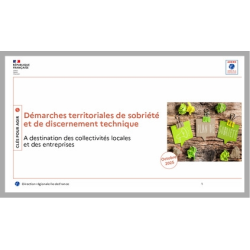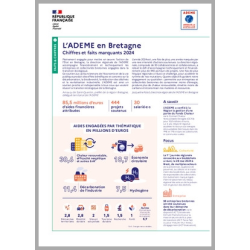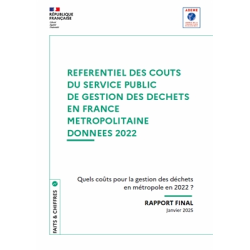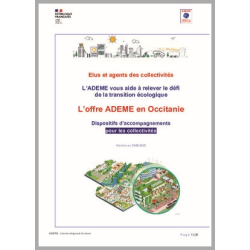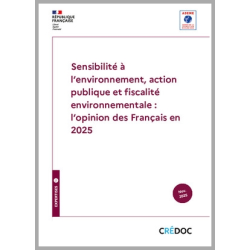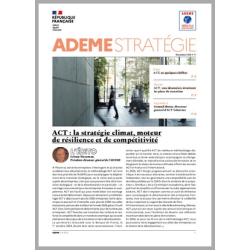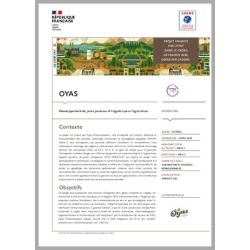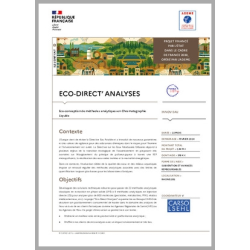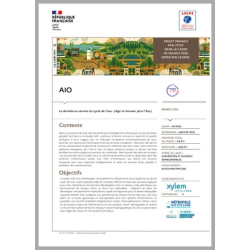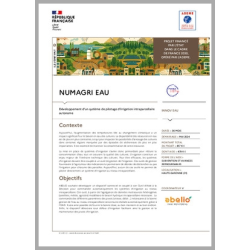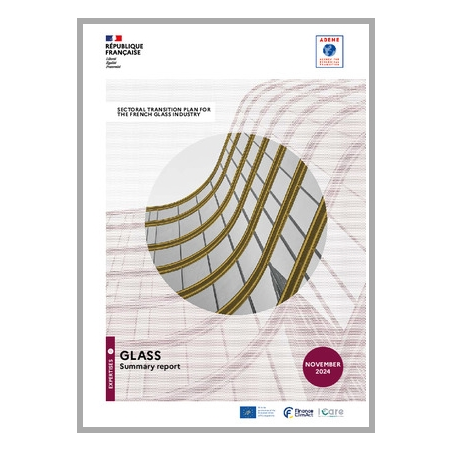
Sectoral Transition Plan for the french glass industry – Summary report
Finance ClimAct
Présentation
The glass industry, which is vital to a number of sectors including packaging, construction and transport, needs to transform if it is to meet the target of reducing the carbon footprint of French industry by 81% by 2050 compared to 2015, as part of the French National Low-Carbon Strategy (SNBC). The glass manufacturing process, which is energy-intensive and dependent on fossil resources and carbonated raw materials, generates a significant proportion of French industrial greenhouse gas emissions (3%).
With the acceleration of the ecological transition, this industry must work to deploy the solutions necessary to reduce its emissions, while at the same time maintaining its competitiveness. The glass sector has a number of effective levers available to enable a successful transition, including increased recycling, improved manufacturing processes, electrification of melting furnaces, eco-design and reuse of glass products. These major changes are all the more ambitious in a context of evolving demand due to the need for energy-efficient renovation of buildings and transition in the packaging sector.
This Sectoral Transition Plan presents two scenarios that illustrate the transition challenges and explore the conditions for ambitious decarbonisation of the glass industry.
Caractéristiques
- Référence Ademe
- 012718
- Date de mise en ligne
- 28/01/2025
- Type de document
- Etude/Recherche
- Nb. de pages
- 48 P
The glass industry, which is vital to a number of sectors including packaging, construction and transport, needs to transform if it is to meet the target of reducing the carbon footprint of French industry by 81% by 2050 compared to 2015, as part of the French National Low-Carbon Strategy (SNBC). The glass manufacturing process, which is energy-intensive and dependent on fossil resources and carbonated raw materials, generates a significant proportion of French industrial greenhouse gas emissions (3%).
With the acceleration of the ecological transition, this industry must work to deploy the solutions necessary to reduce its emissions, while at the same time maintaining its competitiveness. The glass sector has a number of effective levers available to enable a successful transition, including increased recycling, improved manufacturing processes, electrification of melting furnaces, eco-design and reuse of glass products. These major changes are all the more ambitious in a context of evolving demand due to the need for energy-efficient renovation of buildings and transition in the packaging sector.
This Sectoral Transition Plan presents two scenarios that illustrate the transition challenges and explore the conditions for ambitious decarbonisation of the glass industry.
- Référence Ademe
-
012718
- Auteurs
-
ADEME
- Public(s)
-
Entreprises et fédérations professionnelles
- EAN format impression
-
9791029724909
- EAN format numérique
-
9791029724916
- Type de document
-
Etude/Recherche
- Thématique
-
Société et politiques publiques
- Collection
-
Expertises
- Date d'édition
-
01/2025
- Date de mise en ligne
-
28/01/2025
- Nb. de pages
-
48 P
- Langue
-
Français
Documents associés
Sectoral Transition Plan for the french glass industry – Summary report



